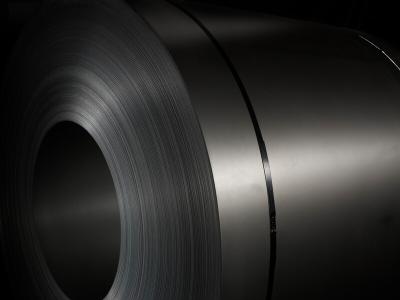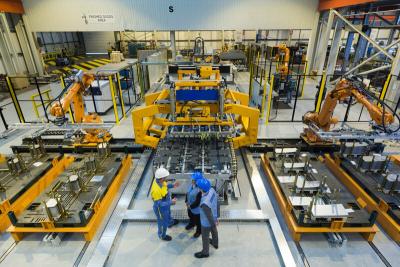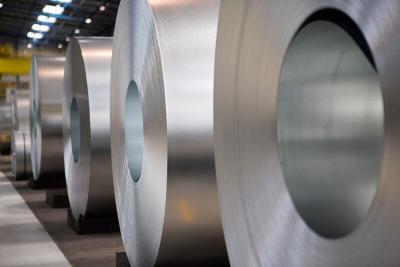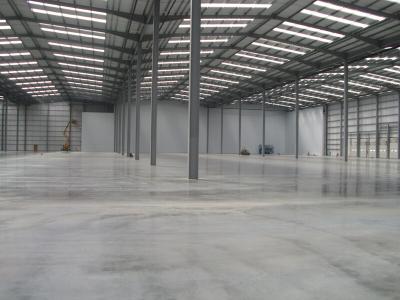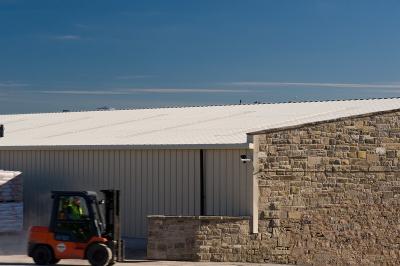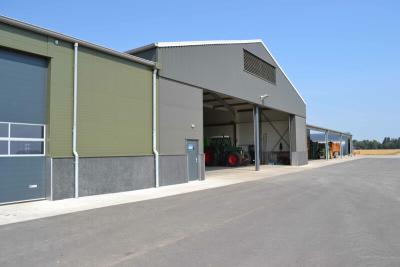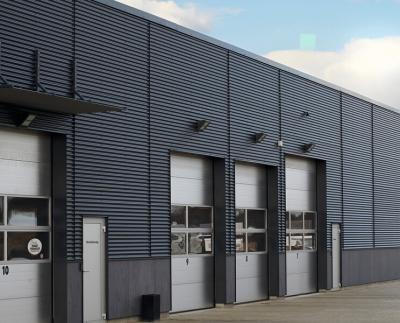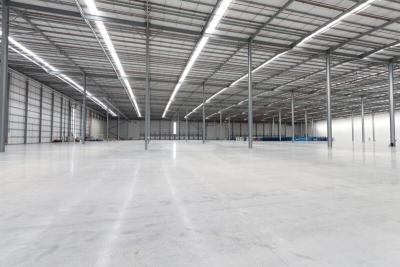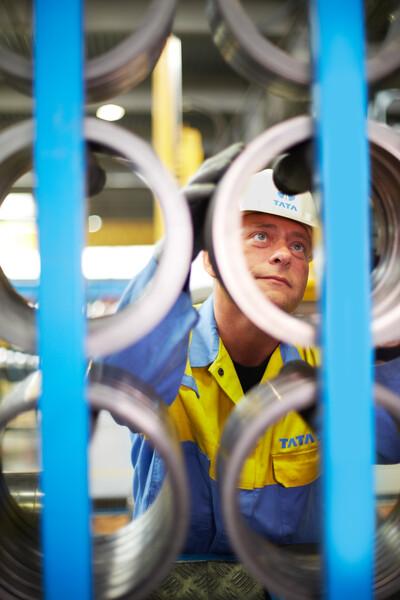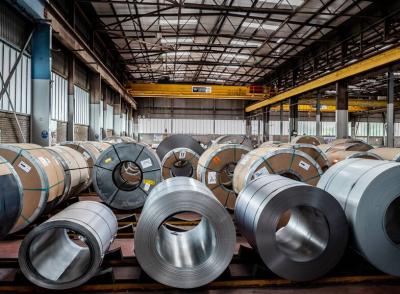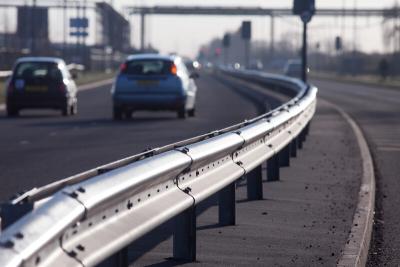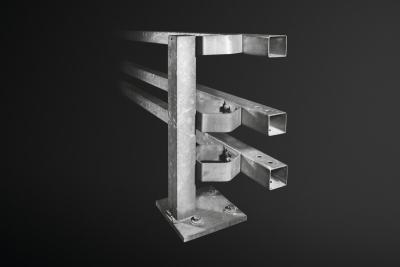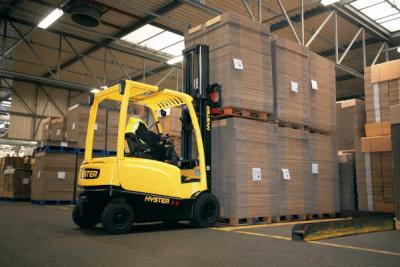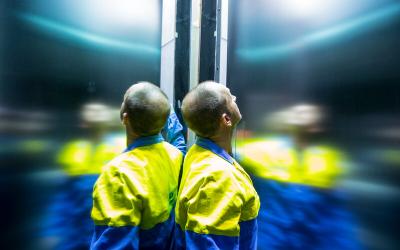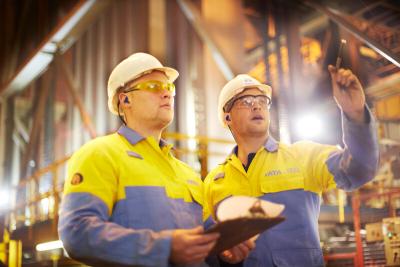Opinion piece by Henrik Adam, Chairman of Tata Steel UK
The old blast furnace at Redcar steelworks on Teesside, which once produced 3.6 million tonnes of iron a year, was demolished in November. This was a hugely symbolic moment for the state of the British steel industry.
Every major economy around the world has a domestic steel industry. Governments recognise that steel is an essential material – without which great swathes of their economies would grind to a halt. Steel is a vital component for manufacturing and construction, sectors responsible for 16% of the UK’s economic output.
At Tata Steel, the UK's largest steelmaker which I lead, we produce 9,000 tonnes of steel every day, and send it all over the UK: to make Land Rovers, Nissans, MINIs and JCBs, to build hospitals, schools and renewable energy projects, and even to make packaging for baby food and Heinz baked beans. Almost everything manufactured in the UK is either made of steel or made using steel machines.
Yet as we stand, the industry is at a crossroads. Down one path lies the slow decline of steelmaking, with plants becoming obsolete. This would lead to the loss of the UK’s self-sufficiency and resilience in steel, as well as thousands of well-paid jobs in steel communities. The impact would also ricochet across a complex supply chain which employs everyone from engineers and electricians to architects and lorry drivers.
Down the other path is a new era in which we transform the steel production process to make it fit to face the ever-changing challenges of society. This an exciting opportunity, which would secure steel supplies for the UK’s future, supercharge levelling up and create well-paid, high-skilled jobs. Critically, it would be an essential part of the UK’s drive to meet its net zero objectives. This is green steel.
The UK has two ways to decarbonise. The government could act to help transform British industry into sustainable world leaders. Alternatively, it could allow factories to shut and import higher-emission goods from other countries instead. However, this means importing all the emissions from goods produced elsewhere, undermining the UK’s transition to net zero. This is, of course, illogical and undermines Britain’s economy and the global effort to tackle climate change.
In the absence of government support the UK risks becoming the only G20 economy in which domestic steel production irreversibly declines, making Britain completely reliant on imports. Anyone who has witnessed supply chain shortages in recent years, from personal protective equipment and semi-conductors during the pandemic to the shortage of domestic energy production, knows the importance of building domestic resilience in essential industries. Steel shortages would have catastrophic consequences.
Thanks to huge investments in reducing emissions, Tata Steel’s Port Talbot plant is ranked in the top third of the most CO2 efficient integrated steelworks in the global benchmark. Despite this, it alone contributes 2 per cent of the UK’s overall carbon emissions. For this country to reach net zero by 2050 we need to invest in transformative technologies to produce steel in a carbon neutral way. There are costs of reaching net zero, but this is one of the opportunities.
We understand the technologies, we have the ambition, we have the people, but we cannot do it alone. We need support from the government on the scale which is already being provided by our European neighbours to their steel producers, both in terms of direct investment and electricity market reform. The German government is providing significant EU-backed investment, while France, Spain, Finland and Italy have also confirmed support. This is not happening in the UK, where steel producers also face energy prices 60 per cent higher than our European competitors.
The UK has a proud history of steelmaking. Britain could lead the next technological leap forward to produce green steel for the wind and solar farms powering us, the electric vehicles rolling off the production line, the major infrastructure projects and the efficient green buildings of the future.
In a volatile and uncertain world a strong domestic steel sector is a vital pillar of our economic independence, industrial resilience, and national security. We can own the future and lead the world in the Green Industrial Revolution, or watch this great opportunity slip away.
By Henrik Adam








